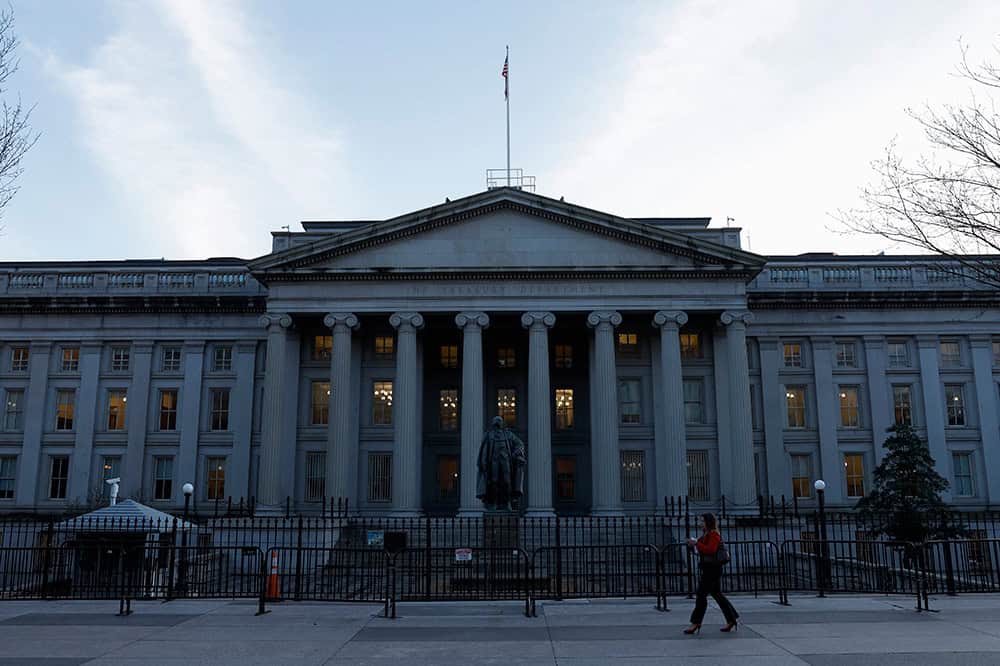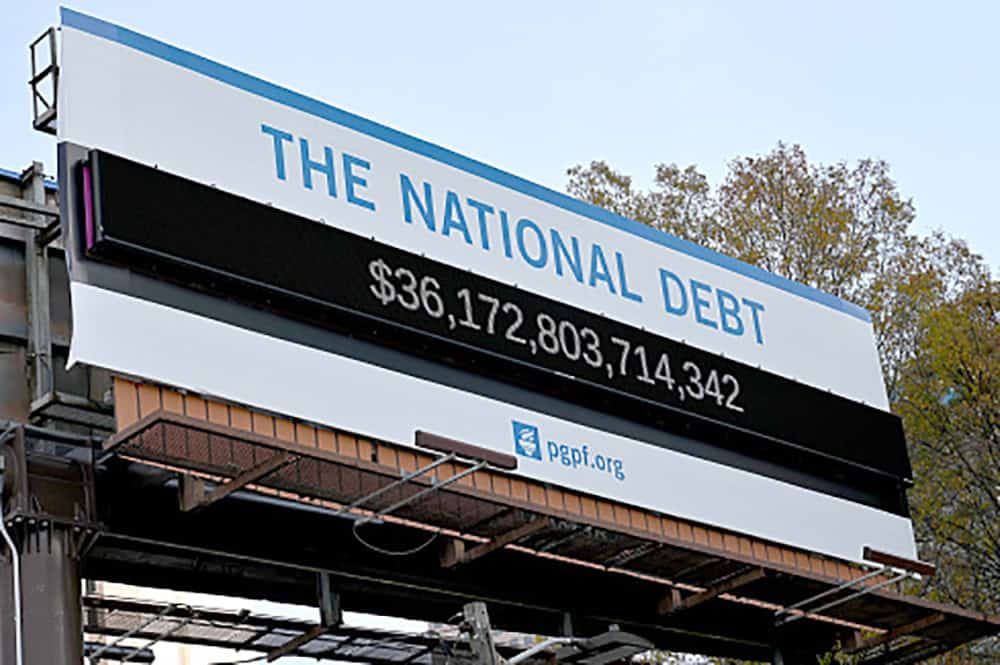The White House Now Expects $2 Trillion Deficits by the End of the Decade
Last Updated July 26, 2024
A set of new budget estimates from the Office of Management and Budget (OMB) reveals that even if the President’s budget were implemented in full, debt would still exceed its all-time high by the end of the decade and the deficit at that point would reach $2 trillion. The updated estimates in the Mid-Session Review also assume steady economic growth and no major unforeseen events, such as the 2008 recession or the COVID-19 pandemic. While the $3.3 trillion in deficit reduction proposed in the President’s budget is a step in the right direction, the numbers make clear that it is not enough, as deficits would remain well above levels typically seen during stable economic times. The report serves as a reminder that the country is on an unsustainable fiscal path; however, the good news is that many solutions are available to chart a sustainable fiscal path forward.
Image credit: Photo by Kevin Dietsch/Getty Images
Further Reading
News from the Quarterly Treasury Refunding Statement
As borrowing has risen, the Treasury has generally been increasing the proportion of bills (maturity of one year or less) in its portfolio of marketable securities.
Budget Resolution Relies on Overly Optimistic Assumptions About Discretionary Spending
Future discretionary spending cuts, which cannot technically be included in reconciliation bills, are difficult to achieve as credible offsets.
Top 10 Reasons Why the National Debt Matters
At $36 trillion and rising, the national debt threatens America’s economic future. Here are the top ten reasons why the national debt matters.


